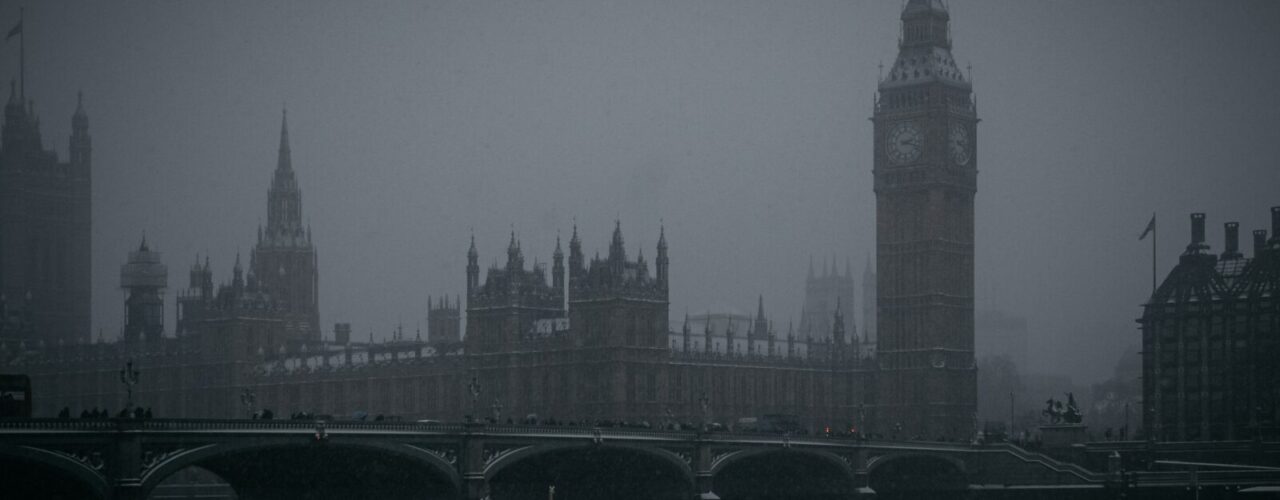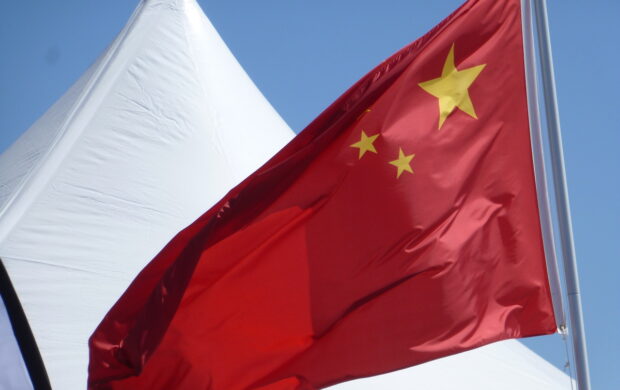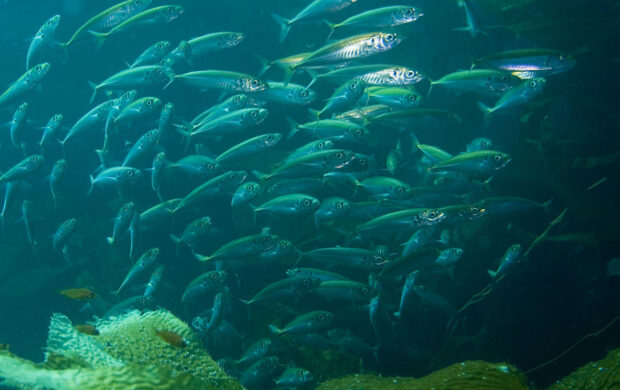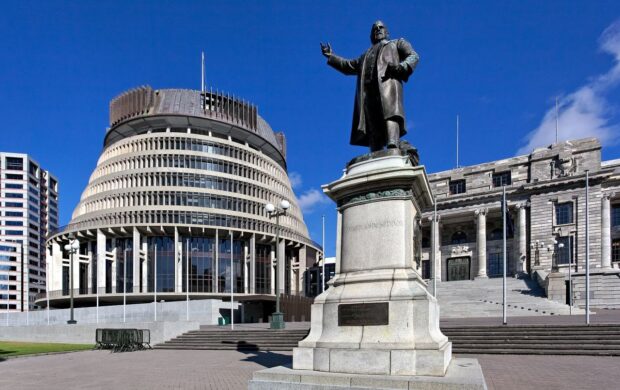A leaked memo seen by The Times suggested the government was considering a proposal for a carbon tax on products such as meat, cheese and heating. It was set to be part of a carbon reduction blueprint in the run-up to COP26 which the UK is hosting.

However, according to the Daily Mail the prime minister, Boris Johnson, blocked the idea. It was not seen as a ‘vote-winning’ strategy. The government had also faced criticism from the National Farmers Union who warned of a competitive disadvantage to UK-based farmers if the tax was not applied internationally.
So what?
This episode shows the challenge facing governments who need to make unpopular decisions in order to act on climate change. How much will politics and the necessity of winning votes shape decision making? What influence can groups like the National Farmers Union have on government policy? Will a carbon tax on consumer goods ever materialise and will it have international support?
Sources
-
 Carbon tax plan gets binned by Boris Johnson amid fear it would spark a rise in food prices | Carbon Brief https://www.carbonbrief.org/daily-brief/carbon-tax-plan-gets-binned-by-boris-johnson-amid-fear-it-would-spark-a-rise-in-food-prices
Carbon tax plan gets binned by Boris Johnson amid fear it would spark a rise in food prices | Carbon Brief https://www.carbonbrief.org/daily-brief/carbon-tax-plan-gets-binned-by-boris-johnson-amid-fear-it-would-spark-a-rise-in-food-prices -
 French court rules France not doing enough on climate change | Carbon Brief https://www.carbonbrief.org/daily-brief/french-court-rules-france-not-doing-enough-on-climate-change
French court rules France not doing enough on climate change | Carbon Brief https://www.carbonbrief.org/daily-brief/french-court-rules-france-not-doing-enough-on-climate-change












Join discussion